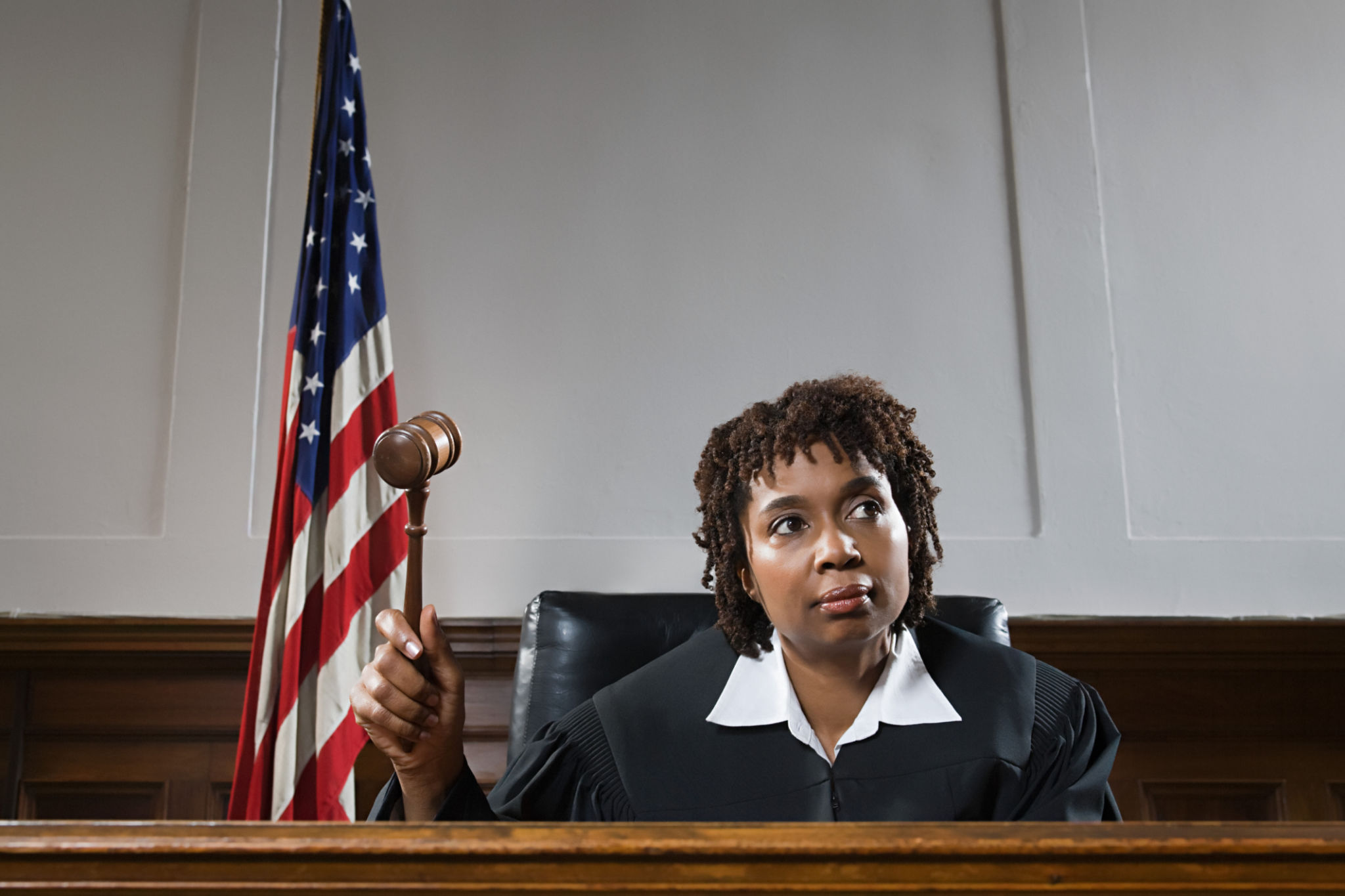Navigating the Criminal Justice System: A Guide for First-Time Offenders
Understanding the Criminal Justice System
Facing the criminal justice system for the first time can be daunting. With its complex procedures and legal jargon, understanding how the system works is essential for first-time offenders. This guide will help you navigate each step, ensuring you are well-informed and prepared.
The criminal justice system is composed of various components, including law enforcement, the court system, and correctional institutions. Each plays a unique role in handling criminal cases. Familiarizing yourself with these components can help you better understand the process you're about to face.

The Arrest Process
When an individual is suspected of committing a crime, law enforcement may arrest them. During this stage, it's crucial to remember your rights. You have the right to remain silent and the right to an attorney. Exercising these rights can significantly impact the outcome of your case.
After arrest, you may be taken to a police station for booking. This process involves recording personal information, taking fingerprints, and photographing the suspect. It's important to stay calm and cooperative during this stage.
Initial Court Appearance
Your first appearance in court is typically for a bail hearing. Here, a judge will decide whether you can be released from custody until your trial. Several factors influence this decision, including the severity of the offense and your criminal history. It's advisable to have legal representation during this hearing.

Understanding Your Legal Rights
As a first-time offender, understanding your legal rights is paramount. These rights are designed to protect you throughout the judicial process. One of the most crucial steps is securing a competent defense attorney who can provide guidance and representation.
Your attorney will help you understand the charges against you, possible defenses, and potential outcomes. Effective communication with your lawyer is essential to building a strong defense strategy.
Plea Bargaining
Plea bargaining is a common practice in the criminal justice system. It involves negotiating with the prosecutor to plead guilty to a lesser charge in exchange for a reduced sentence. While it can be an attractive option for first-time offenders, it's important to weigh the pros and cons with your attorney before making any decisions.

Preparing for Trial
If your case goes to trial, thorough preparation is key. Your attorney will work with you to gather evidence, interview witnesses, and develop a compelling defense strategy. Understanding courtroom procedures and etiquette can also help you feel more confident during the trial.
The trial process involves presenting evidence and arguments before a judge or jury. It's an opportunity for both sides to make their case, and for you to demonstrate your innocence or negotiate a more favorable outcome.
Post-Trial Considerations
Once the trial concludes, there are several possible outcomes, including acquittal, conviction, or sentencing. If convicted, understanding the terms of your sentence and any potential avenues for appeal is crucial. Your attorney can provide guidance on how to proceed and what steps to take next.
Navigating the criminal justice system as a first-time offender can be a challenging experience. However, by understanding each stage of the process and working closely with a legal professional, you can ensure that you are prepared and informed every step of the way.
